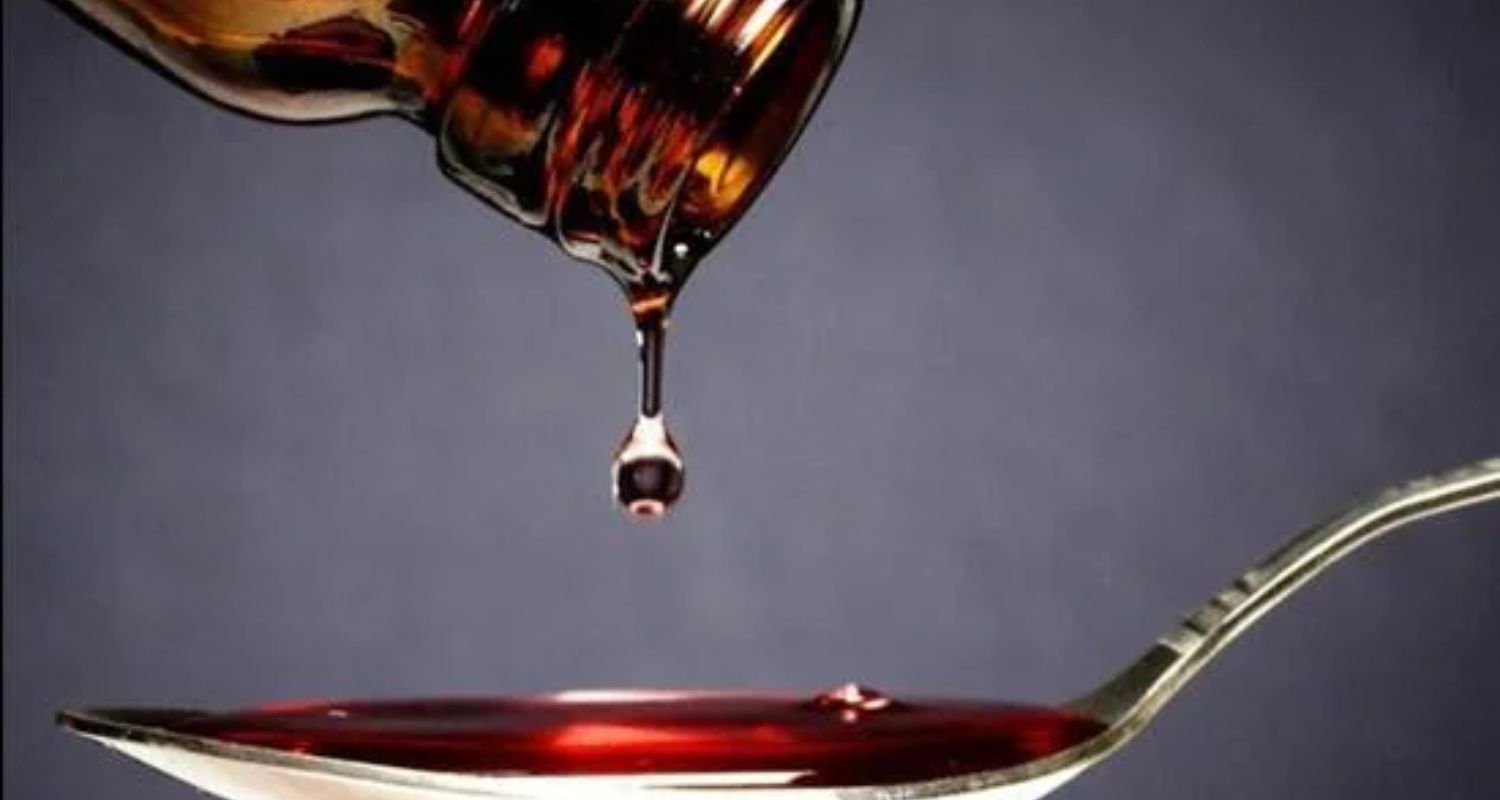The Border Security Force (BSF) uncovered three underground tanks near the India-Bangladesh border in West Bengal’s Nadia district, seizing Rs 1.4 crore worth of Phensedyl cough syrup. According to officials, this haul represents nearly half the amount typically recovered in a year from south Bengal’s border areas.
The operation was carried out on Friday afternoon near the Tungi border outpost by the BSF’s 32nd battalion, in collaboration with local police. Acting on intelligence inputs, the teams raided multiple locations and discovered three concealed storage tanks. Two were hidden under dense vegetation, while the third was beneath a makeshift hut.

The underground chambers were constructed using large iron tanks, each about 7 feet high and 10 feet long, buried in deep pits. Inside, the BSF found numerous boxes filled with Phensedyl bottles. In total, 62,200 bottles were seized.
Phensedyl, a cough syrup containing codeine, is in high demand in Bangladesh, where it is often used as a substitute for alcohol. Its price skyrockets once smuggled across the border—from Rs 160 per bottle in India to Rs 300–Rs 500 in Bangladesh and as much as Rs 1,800– Rs 2,000 in Dhaka.
A senior BSF officer explained that the syrup is legally produced in Himachal Pradesh and procured by agents in West Bengal through distributors in cities like Varanasi and Lucknow. Once transported to border villages in West Bengal, the consignments are stored in houses before being picked up by local smugglers, often referred to as the "labour party."
These smugglers transport the hidden consignments across the border, earning Rs 300– Rs 500 per trip. The entire operation, from delivery to disposal, is completed within hours.
The Narcotics Control Bureau (NCB) is expected to investigate the case further. Last year, the BSF’s South Bengal Frontier seized 1.73 lakh bottles of Phensedyl worth Rs 3.6 crore, underscoring the scale of smuggling operations along the border.
Also Read: Tricolour to fly in 14 remote Chhattisgarh locations as Naxals retreat



